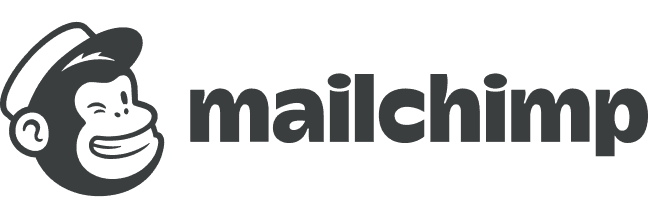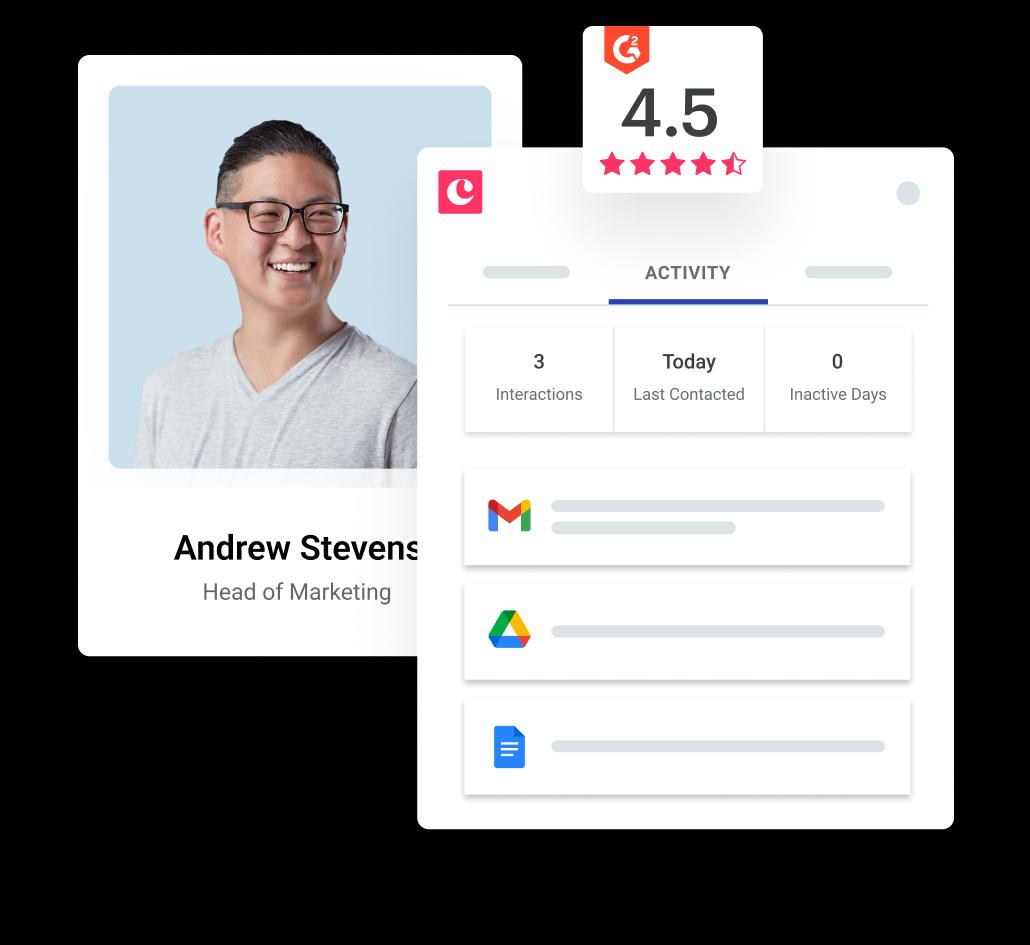
Erica Hayton
Contributor
Does “great communicator” currently top your list of sales skills on your resume?
Okay, maybe it isn’t at the top––but it’s listed, isn’t it?
It’s not uncommon to find this among sales applicants’ skills. However, in the sales industry, this should be a given. After all, connecting with prospects and closing deals almost entirely depends on communication. If great communication isn’t one of your top skills, it’s probably time to find a new position.
While things like communication, listening skills, and the ability to build rapport are important to be successful in a sales position, it isn’t likely to catch a hiring manager’s attention. If you really want to make your resume stand out from a list of other applicants, you need to list the skills they want to see.
A corporate job opening can attract 250 resumes on average––and it’s for just one job opening! Because of the sheer volume of competition, hiring managers only look at a resume for six seconds before placing it in the “yes” or “no” pile.
Is your sales resume enough to get you the job offer?
When selecting who to interview, hiring managers will be looking for clear, descriptive points that show off your skills through real-life examples––not fluffy words anyone can stake claim to.
Let’s walk through what fluffy sales skills you should avoid putting on your resume, and how you can revamp your talking points to keep your resume out of the rejection pile.
“Leadership skills”
If you have leadership skills, you definitely want to show them off on your resume. Whether you’ve managed an account, mentored a new hire, or managed an intern, showing you have the skills to take on higher positions is important.
But simply saying “leadership” doesn’t show the whole picture. Other fluffy leadership-related skills to avoid include:
- “Internal communication”
- “Problem-solving”
- “Delegating”
- “Motivation”
- “Organization”
While each skill is great to have, hiring managers will want to know more. They’re looking for how you took control, what changes you implemented, and what you were able to accomplish.
Here are a few revamped leadership-related skills to include on your sales resume:
- “Managed an account worth $X per month, generating X% YoY growth.”
- “Onboarded, mentored, and managed X sales interns over the course of a X-week summer internship program.”
- “I oversaw a team of X junior sales professionals and followed their progress through the sales funnel, measuring KPIs such as [metric].”
- “I helped junior sales professionals develop individual professional goals, as well as plans for how to accomplish those goals.”
Include leadership skills even if you’re not hiring for a management position. Showing that you’re capable of taking charge when necessary can prove you’re capable of stepping up when needed and that you may move into a leadership role down the line––proving yourself an asset to the company.

Pro-tip 👇
Get hired.
Reverse-engineer your job hunt—learn about what sales managers recruit for with this free handbook.
“Communication skills”
As we’ve already mentioned, communication is key for any sales professional. Just listing “communication skills” on your resume, however, is a waste of space and a missed opportunity.
However, that doesn’t mean your communication skills should be left off your resume entirely. Instead, frame them properly.
Here are the not-very-useful communication-based sales skills to avoid putting on your resume:
- “Listening”
- “Negotiation”
- “Networking”
- “Persuasion”
- “Public speaking”
- “Multilingual”
Again, these skills alone don’t really tell the story of what you’re capable of. They’re also basic requirements for most sales positions.
Here are some revisions that can help you stand out:
- “I delivered a sales pitch on [topic, product, or company] to a room of X business owners and potential clients and secured X deals from the presentation.”
- “I am a frequent participant of [networking group] and have attended [conference or event] X years in a row.”
- “I am fluent in Spanish and have been able to assist team members in closing X deals in X Southern American countries.”
- “I negotiated a sale that increased monthly revenue by X amount and landed me at the top of our salesperson leaderboard.”
Your communication-based skills are a great way to include specific details about the sales or deals you’ve been able to close. Use numbers wherever possible and be sure to include the results of your communication, not just what you said or did.
Personal development-based sales skills
Hiring managers will want to see that you’ve developed skills that contribute to both your personal and professional life. This includes developing good habits or taking up hobbies and interests that promote professional or personal growth.
However, they’ll also want to see how you can link these personal development-based sales skills to your career and day-to-day sales activities.
If you’re just listing your skills and interests, your interviewer isn't necessarily going to put in the mental work to see how these would make you a stronger candidate.
Here are a few overly basic personal development-based sales skills to avoid:
- “Goal setting”
- “Personal branding”
- “Highly motivated”
- “Top performer”
- “Self-motivated”
- “Self-starter”
Claiming that you’re highly motivated or a top performer without any evidence to back it up will probably just make a hiring manager roll their eyes. If you want to truly convince them you’re the sales professional they’re looking for, you need to include some details.
Here’s how:
- “I developed a personalized goal setting and tracking method that ensures I’m reaching both organizational and personal quotas.”
- “I’m a continuous learner and have completed the [certification or additional education] in my spare time.”
- “I have been consistently ranked among the top three sales professionals at [company name] for the last X quarters.”
- “I am an active leader at [local organization], which has allowed me to practice my problem-solving skills.”
- “I’ve refined my personal brand as a sales professional, including discovering my personal and professional values, developing a mission statement, and doing whatever necessary to uphold those goals––helping me to make stronger connections with clients and potential customers.”
Your personal development-based skills are a great opportunity to show off things you’ve learned or accomplished outside of your day-to-day work. If you’re unable to use a skill at your current job, your personal development-based skills could be a great place to include them.
Position-based sales skills
Not all sales positions are created equal. When you’re pulled into other departments or you need to cover the work of another position, be sure to include the skills and tools you’re learning there on your resume.
If you’ve taken on a position outside of the traditional sales role, such as marketing or public relations, outline exactly what those responsibilities look like.
Here are a few examples of what not to include:
- “Marketing”
- “Project management”
- “Public relations”
- “Territory management”
- “Client acquisition”
While it’s good to show that you have a diverse skill-set and can take on roles from other departments, these are incredibly broad descriptions. To a hiring manager, they just seem like more clutter on your resume—and will usually be overlooked.
Here’s how to make someone reading your resume stop and pay attention:
- “I developed an inbound marketing funnel using social media, blog posts, and landing pages to help attract and collect new leads.”
- “I covered X territory, comprised of X number of people across X miles.”
- “I created an onboarding process for new clients that contributed to an X% retention rate—an increase from X%.”
Don’t just say that you have some experience in other areas. Instead, make them relevant by relating them back to the work you do as a sales professional.
What are the right sales resume skills for your career path?
While we’ve covered a lot of different sales resume skills, don’t just copy and paste these notes onto your CV. Take the time to consider which skills are most relevant to your career path and most important for where you’d like to go.
You also need to be prepared to back up any of the skills you share. Don’t try to get away with beefing up your resume in an effort to stand out if you don’t have the support.
Get rid of any fluffy, non-descriptive buzzwords or jargon that don’t help you stand out from the crowd of applicants. If your resume looks like every other paper in the pile, you’re only guaranteeing a trip to the rejection pile.
Think closely about how you can impress hiring managers with your accomplishments. Think creatively to find successes or achievements you can pull from outside of your traditional office job. Refine each skill to match the sales job you’re applying for and increase your chances of getting an interview––and ultimately a job offer.










